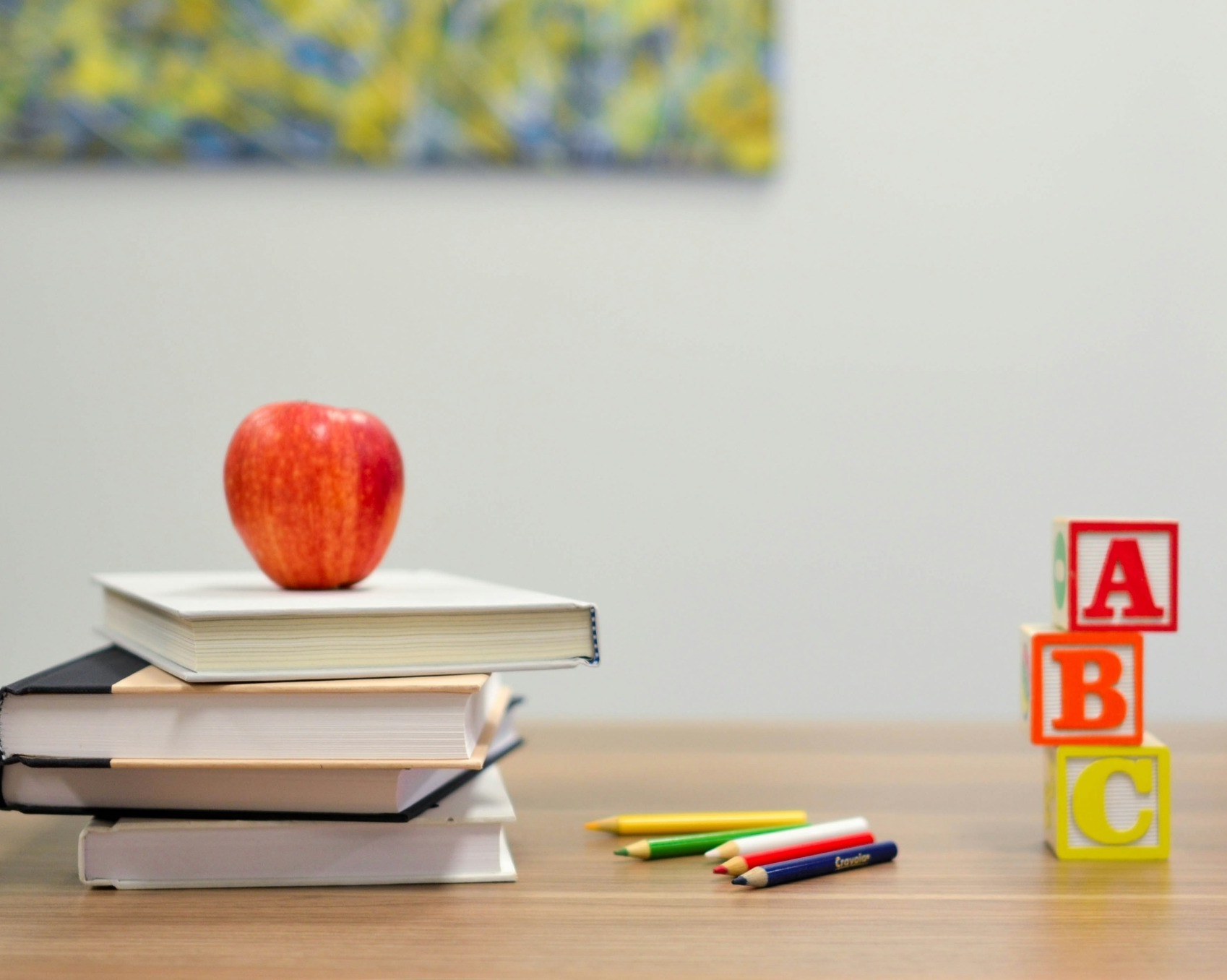article
Parents, here’s your homework for the new school year
This article was originally published in The Gazette.
All over Montreal parents are asking themselves “where did the summer go?” They are also thinking about what to tell their children as the new school year begins.
We would like to make some suggestions that could help schoolchildren and their parents get off to a good start. Our ideas are based on our research projects and our own experiences working in classrooms.
For students, a new school year means new teachers and classmates. That’s exciting — but also stressful. Anxiety about peers, tests and routines often peaks in September, especially for older school-age students. The good news is that anxiety usually fades as children settle in. Security is the best antidote to anxiety.
Friendship is a source of security at all ages. Encourage children to choose friends who are not only fun but also reliable. Pursuing friendships with “popular” peers may seem appealing, but it can mean overlooking supportive classmates who provide emotional safety and care.
Security in school work can come from being organized. Organization is boring but it works. It promotes effective planning, predictability and attention to detail. Helping your child develop strategies for completing homework and preparing for short-term (tomorrow’s quiz) and long-term (next week’s test or a project due at the end of the month) tasks minimizes crises and promotes self-discipline. Having a routine can save time, reduces stress, and makes goals achievable.
Encouraging children to define challenging but achievable goals promotes pride and motivation. Pride comes from accomplishing self-chosen standards of excellence or valued tasks, especially if they are valued by others. Helping your child set achievable goals promotes positive self-perceptions.

Don’t hover over your child. For students, figuring out how to be independent is an important part of their school-age experience. Parents need to be aware of their child’s progress, but micromanagement doesn’t help anyone. If you see that help is needed, offer support. Be especially helpful when it is really needed; back off when it isn’t.
Praise should reflect your child’s behaviours and actions. When a child succeeds it is better to praise what they did (“You tried hard and did a good job of figuring out how to solve that problem”) rather than a stable basic ability (“You’re smart”). Emphasizing process can mean more than focusing on outcomes.
Teachers want your child to succeed. If there is a problem, start with them. Most teachers want to work with you to solve problems. They are trained to build partnerships with families. You are the teachers’ best allies; communicate and collaborate.
When problems arise, it is important to ask your child what they see as the solution. Not doing so has two downsides. First, it excludes a perspective that is unavailable to you and the teacher. More important, it is a lost opportunity to help a child see that they matter.
Going outside one’s comfort zone can have positive effects. Most often, children tend to associate with peers who have similar identities and backgrounds. However, children who seek out peers who may be different from them, such as girls who associate with both girls and boys and boys who associate with both boys and girls, are known to have higher levels of well-being than children who stick to their own gender. This pattern is also true for seeking out peers from ethnic groups other than their own.
Here’s our most important piece of advice: Help your child see that learning about new topics, acquiring new skills, having the companionship of peers, and being a good friend to others are among the most important pleasures in life.
William M. Bukowski is a professor, and Lina Maria Lopez is a doctoral student, in the department of psychology of Concordia University. Sandy Plamondon is vice-principal at École primaire St-Romain in Longueuil.

